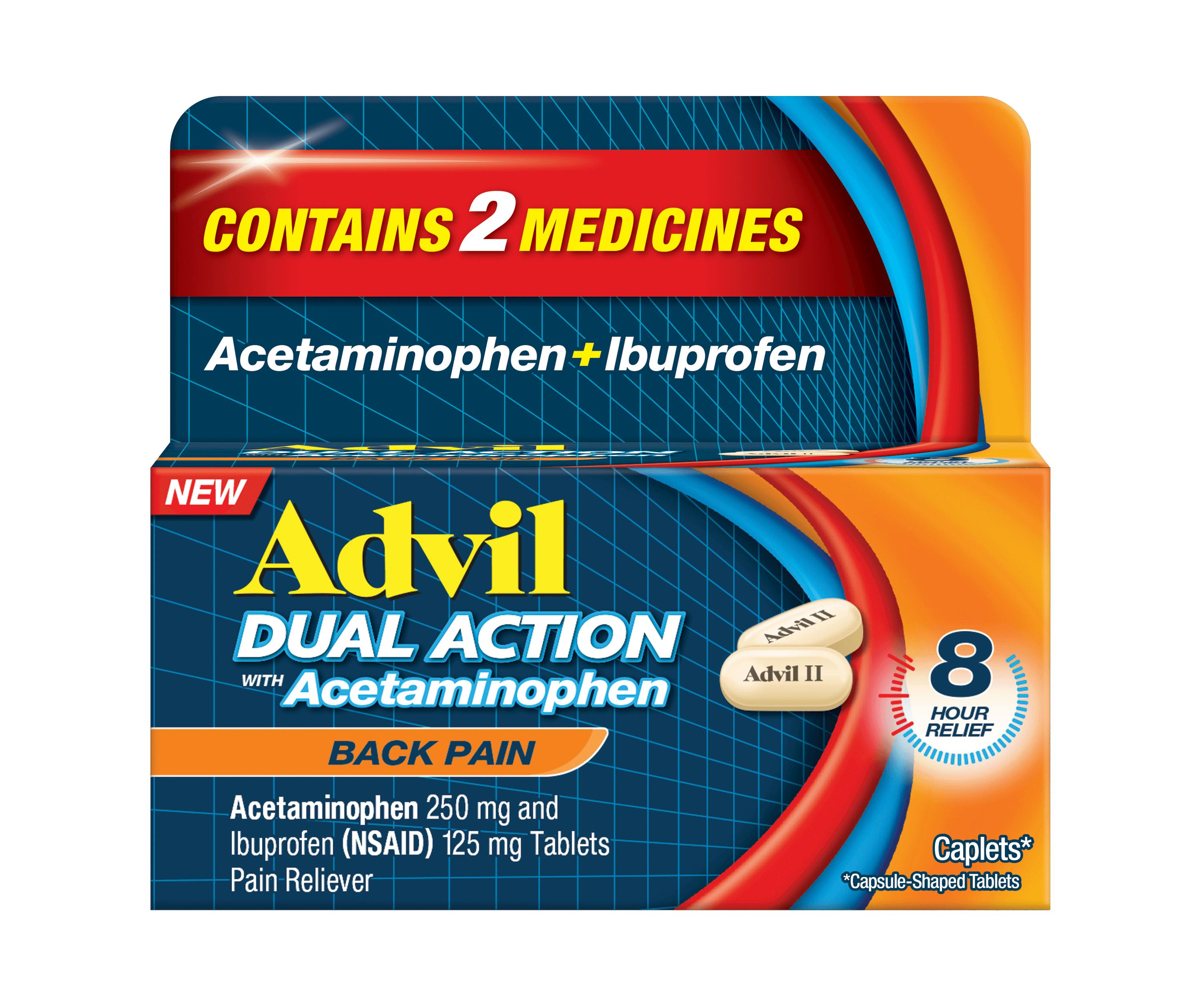Advil For Tooth Pain Relief

Tooth pain can be a debilitating and frustrating experience, affecting not only our oral health but also our overall well-being. When the ache becomes unbearable, many of us reach for over-the-counter pain relievers like Advil, hoping to find some respite. But how effective is Advil for tooth pain relief, and are there any potential risks or considerations we should be aware of?
Advil, also known as ibuprofen, is a nonsteroidal anti-inflammatory drug (NSAID) that works by blocking the production of prostaglandins, hormone-like substances that cause pain and inflammation in the body. When it comes to tooth pain, ibuprofen can be an effective pain reliever, especially for cases involving inflammation, such as toothaches caused by infection, gum disease, or trauma.
One of the primary benefits of using Advil for tooth pain is its ability to reduce inflammation, which can help alleviate pain and discomfort. Additionally, ibuprofen has been shown to be more effective than acetaminophen (the active ingredient in Tylenol) in reducing pain associated with dental procedures, such as tooth extractions or fillings.
However, it’s essential to use Advil responsibly and follow the recommended dosage instructions to avoid potential risks. Taking too much ibuprofen can lead to stomach ulcers, bleeding, and other gastrointestinal problems. Moreover, individuals with certain medical conditions, such as kidney disease, asthma, or bleeding disorders, should consult their doctor before taking Advil.
When using Advil for tooth pain relief, it’s also important to consider the underlying cause of the pain. If the toothache is caused by a dental infection, for example, ibuprofen may only provide temporary relief, and it’s crucial to seek professional dental care to address the underlying issue. In fact, delaying dental treatment can lead to more severe consequences, such as abscesses, tooth loss, or even systemic infections.
In addition to Advil, there are other ways to manage tooth pain while waiting for dental treatment. Applying a cold compress to the affected area, using a desensitizing toothpaste, or trying a topical anesthetic like Orajel or Anbesol can provide additional relief. It’s also essential to maintain good oral hygiene, including brushing and flossing regularly, to prevent further irritation and promote healing.
According to the American Dental Association (ADA), tooth pain can be a symptom of various underlying conditions, including tooth decay, gum disease, or cracked teeth. If you're experiencing persistent or severe tooth pain, it's crucial to consult a dentist as soon as possible to determine the cause and receive proper treatment.
In terms of dosage, the recommended amount of Advil for tooth pain relief varies depending on the individual’s age, weight, and medical condition. Generally, the maximum dosage for adults is 400-600 mg every 4-6 hours, not to exceed 1200 mg in 24 hours. However, it’s always best to consult the package instructions or consult with a healthcare professional to determine the optimal dosage.
Pros of using Advil for tooth pain relief:
- Effective pain reliever for inflammatory toothaches
- Can reduce inflammation and alleviate discomfort
- Generally considered safe when used as directed
Cons of using Advil for tooth pain relief:
- Potential gastrointestinal side effects when taken in excess
- May not address underlying dental issues
- Not recommended for individuals with certain medical conditions
To further illustrate the importance of proper dental care, let’s consider a scenario where a patient experiences a toothache caused by a dental cavity. If left untreated, the cavity can progress, leading to more severe consequences, such as an abscess or tooth loss. However, with prompt dental treatment, including a filling or root canal, the patient can prevent further complications and alleviate the toothache.
Steps to manage tooth pain while waiting for dental treatment:
- Take Advil as directed to alleviate pain and inflammation
- Apply a cold compress to the affected area to reduce swelling
- Use a desensitizing toothpaste to alleviate sensitivity
- Try a topical anesthetic like Orajel or Anbesol for temporary relief
- Maintain good oral hygiene, including brushing and flossing regularly
In conclusion, while Advil can be an effective pain reliever for toothaches, it’s crucial to use it responsibly and address the underlying cause of the pain. By combining Advil with good oral hygiene and prompt dental treatment, individuals can manage tooth pain and prevent more severe consequences. Remember, tooth pain is often a symptom of an underlying condition, and seeking professional dental care is essential for proper diagnosis and treatment.
Can I take Advil for tooth pain if I have a dental appointment scheduled?
+Yes, you can take Advil for tooth pain relief while waiting for your dental appointment. However, be sure to follow the recommended dosage instructions and inform your dentist about any medications you’re taking.
How long does it take for Advil to start working for tooth pain relief?
+Advil typically starts working within 30 minutes to an hour after taking the medication. However, the duration of pain relief can vary depending on the individual and the severity of the toothache.
Can I use Advil for tooth pain relief if I’m pregnant or breastfeeding?
+If you’re pregnant or breastfeeding, it’s essential to consult your healthcare provider before taking Advil for tooth pain relief. Ibuprofen can be safe in small doses, but excessive use can pose risks to the fetus or baby.


